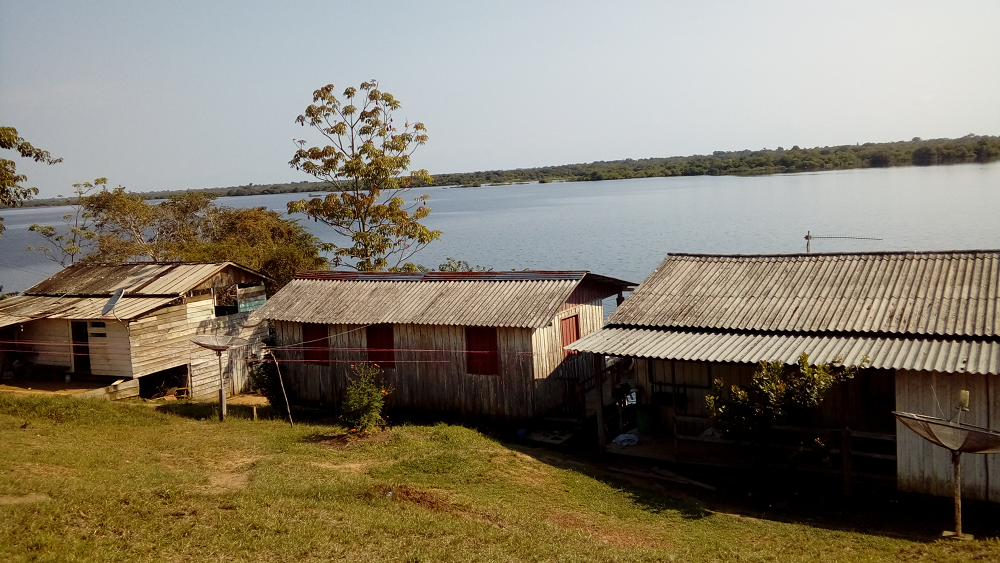
Mipindiau community, August 2019 – Coordinates 2°40’07.8″S 60°36’32.1″W
This project investigates the integration of anaerobic digestion (AD) with solar photovoltaic (PV) to form the basis of a circular economy model, providing affordable, clean, and fair energy access. We will adopt an interdisciplinary approach combining engineering and social science to develop solutions that are appropriate to the local characteristics of the beneficiary communities.
Hybrid microgrids (MG), combining different forms of energy supply, have been studied and demonstrated as a solution to increase the resilience and effectiveness of the provision of energy. The concept is usually restricted to PV with diesel backup, while there is a scarcity of knowledge for PV and bioenergy integration. Especially for rural locations with an abundance of bioresources, bioenergy can play an important role in stabilising the power supply when solar production decreases or in periods of high demand. The need to constantly balance demand and supply of electricity, together with the combination of different and spatially separated components is a technical challenge of hybrid MGs.
This project will therefore investigate a novel control approach based on a cooperative distributed structure, with local controllers for each component of the hybrid MG system, compared to centralised approaches, which potentially delivers higher reliability and facilitates the addition of components in future expansions. Together with the technical dimension, it considers the social aspects that transform the energy supply into energy services, and finally into social values. We will therefore co-design a methodology, which integrates technical expert knowledge, with stakeholders’ perceptions and aspirations, and local economic and governmental aspects. This would allow the design of sustainable business models, able to capture multiple values and needs, such as access to energy, improved health from waste treatment, use of digestate as fertiliser, community cohesion, and novel enterprises.
This research group works towards building:
- Interdisciplinary research agenda for the development and adoption of hybrid microgrids in rural areas
- Investigation and development of novel distributed control strategies for hybrid microgrid
- Increased knowledge and capabilities on co-design methodologies
- International workshop held at one of the project members Institutions (currently planned at University of Ghana)
- Identification of the future source of funding and submission of proposals for other major grants
- Joint publication on the comparative assessment of hybrid microgrids in the different partners’ countries